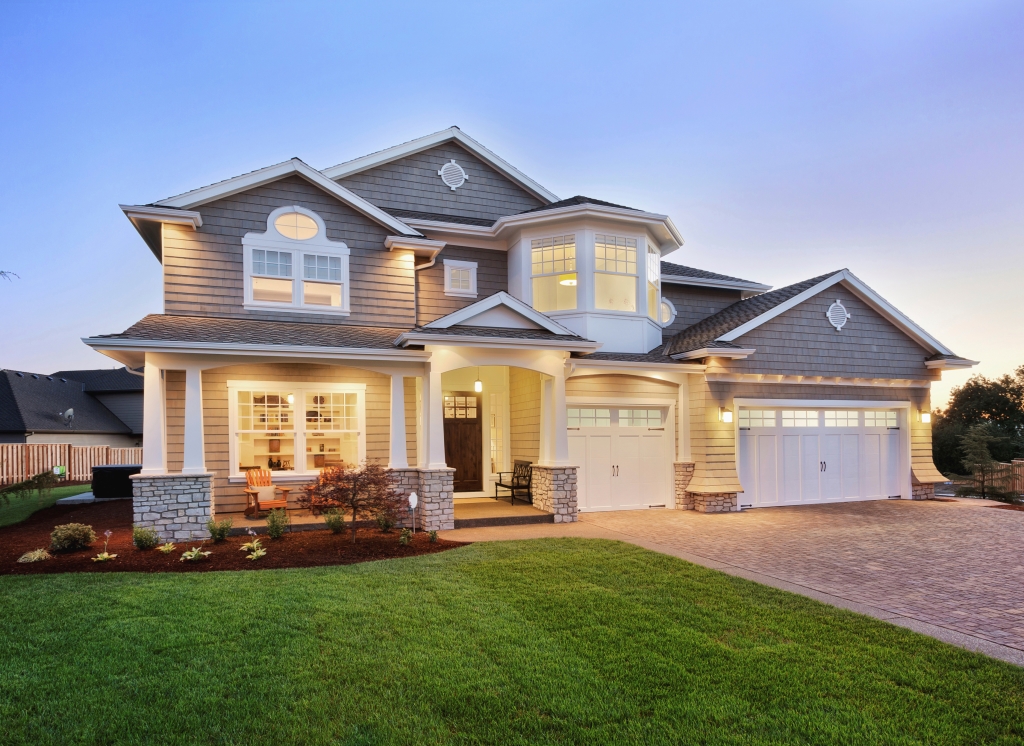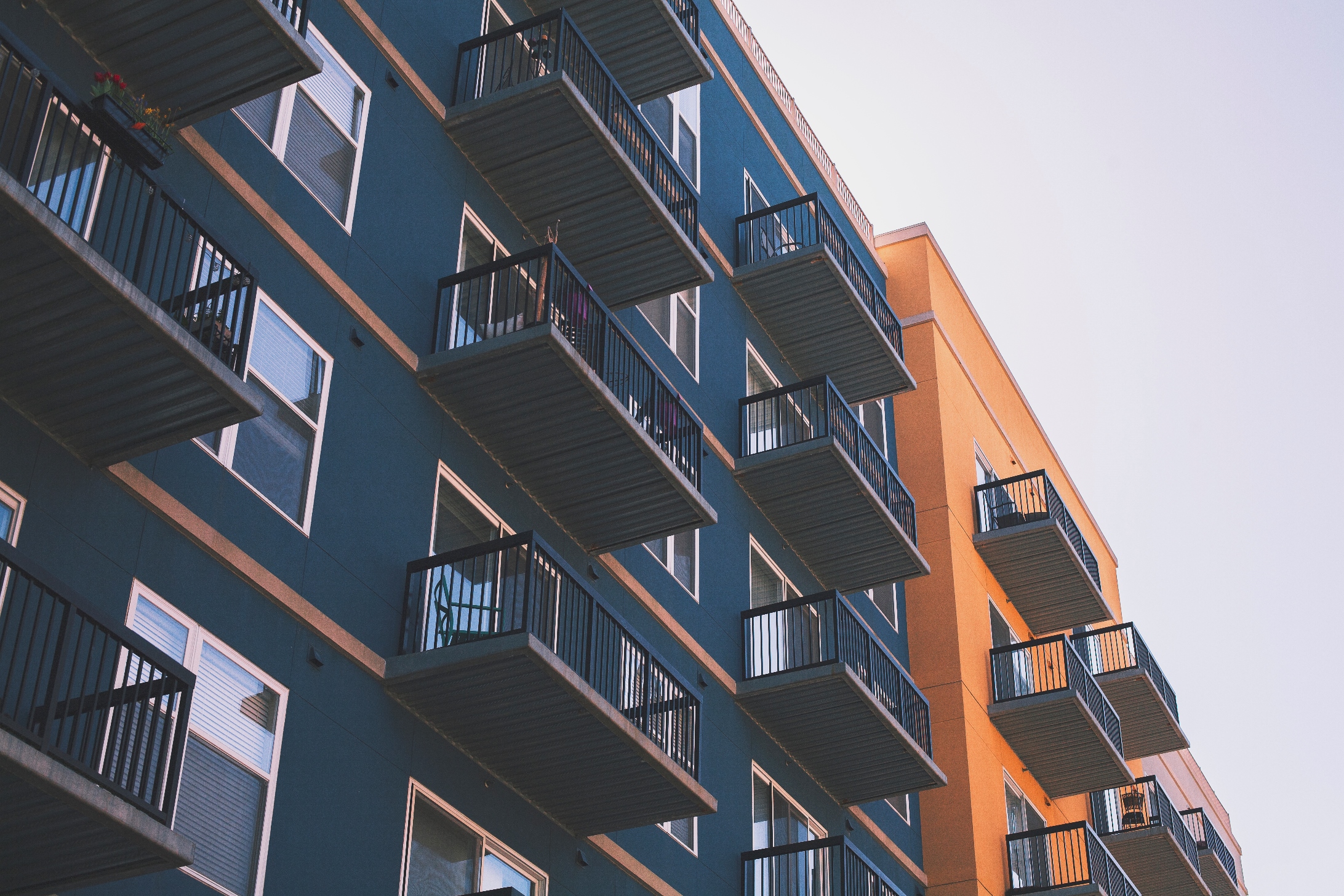925-855-3250
FHA mortgage loan may not be the only options. Contact our mortgage broker in San Ramon for alternative loans.

FHA Mortgage Considerations
The Federal Housing Administration (FHA) loan program is established in 1934 to help home buyers with smaller down payments, modest incomes, and / or credit challenges. An FHA mortgage might be your best route to homeownership if you face any of these hurdles. Today, however, FHA loans face competition from other products, and one of them might be a better fit for you. Weigh the benefits of FHA against those of similar products to find your best mortgage choice.
Alternatives to FHA
There are several government-backed and non-government (conventional) options that also offer low down payments and flexible underwriting. They include Fannie Mae and Freddie Mac (conforming) loans, HomeReadyTM and Home Possible® mortgages for low-to-moderate income borrowers, non-conforming loans, VA loans and USDA mortgages. FHA mortgage eligibility is not restricted to first-time or low-income buyers. However, VA mortgages are limited to eligible military and veteran applicants, and USDA loans have income restrictions and are available in less densely populated areas. Conforming and conventional loans often demand higher credit scores. No single mortgage program is best for all homebuyers, so it’s smart to compare.
FHA Downpayments
FHA mortgages have two minimum down payments — 3.5 percent for applicants with credit scores of 580 and above, and ten percent for those with scores between 500 and 579. Other mortgage choices include:
Conforming 97 programs: Three percent down
HomeReady / Home Possible: Three percent
VA mortgages: Zero down required
USDA home loans: Zero down
Other conforming and non-conforming financing: Five percent or more
FHA loans require higher downpayments than many of the alternatives. However, there are additional considerations — FHA allows downpayments to be borrowed or gifted from acceptable sources.
Seller Closing Cost Contributions
Various mortgage programs set different limits on what home sellers can contribute toward the buyer’s closing costs. FHA buyers get a generous six percent, while VA buyers get four percent and conforming lenders allow three percent for 97 percent mortgages. If your funds are limited, that difference may be critical.
FHA Loan Limits
Most mortgage programs limit their loan sizes, and many of these limits are tied to local housing prices. FHA mortgage limits are set by county or MSA (Metropolitan Statistical Area), and range from $271,050 to $625,500 for single-family residences in most parts of the country. Limits are higher in Alaska, Hawaii, the US Virgin Islands and Guam, and also for duplexes, tri-plexes and four-plexes.
Other program loan size limits are:
Conforming: $417,000 to $625,500 or more in high-cost areas
HomeReady / Home Possible: Same as conforming limits
VA: Same as conforming limits for zero down, can go higher with a down payment
USDA: No limit
Other conforming / nonconforming: Varies according to lender guidelines
FHA Property Guidelines
FHA property guidelines are less restrictive than those of many programs. It may be easier to finance a condo, co-op, manufactured home or non-traditional property with FHA. An FHA loan also allows you to include financing for energy-related improvements or rehabilitation / renovation costs in your loan.
Credit Score Guidelines
FHA’s minimum credit score is very low at 580. This primarily benefits applicants who have low scores because of limited credit histories, high account balances or old derogatory entries, not those whose scores are low because of recent bad credit. FHA mortgages are not subprime loans, and many lenders apply higher minimum scores — 640 is a common floor. Conforming and non-conforming lenders impose minimum FICOs ranging from 620 to over 700, depending on the program and lender. VA and USDA loans have no minimum score (but individual lenders often set cutoffs at about 640). One advantage of FHA and other government mortgages is that borrowers with lower scores are not charged higher rates or mortgage insurance premiums. Conventional loan mortgage insurance is more expensive for borrowers with lower credit.
Qualifying Guidelines
FHA qualifying guidelines are more flexible than those of other programs. In addition to lower credit score floors, FHA places fewer restrictions on applicants with a recent bankruptcy, foreclosure or short sale. In August 2016, for instance, the average credit score for approved FHA buyers was 687, according to mortgage tracking firm Ellie Mae. It was 754 for buyers with conventional home loans. Debt-to-income (DTI) ratios are also more generous for FHA programs. Ellie Mae reports that the average DTI for FHA buyers in August 2016 was 42 percent, but for conventional borrowers it was just 34 percent. The HomeReadyTM and Home Possible® programs are flexible about income in a different way — lenders can consider income from other occupants in the home, even if they do not go on the mortgage or title. Debt-to-income ratios can also be higher, up to 45 percent.
Who Should Consider FHA?
FHA’s advantages make it especially appropriate for buyers who:
- Have FICO scores under 680
- Can make a downpayment of less than five percent
- Earn too much income to be eligible for HomeReadyTM or Home Possible®
- Are not buying in a rural area
- Are not eligible for VA financing
- Want to buy multi-unit property and live in one unit
- Have a recent bankruptcy, foreclosure or short sale
- Are buying a property that needs to be rehabilitated or renovated
FHA also works well for applicants with little or no funds for a down payment or closing costs. One hundred percent of the home buyer’s cash needed to close can come from a downpayment gift.
Contact our mortgage broker in San Ramon for more question about FHA mortgage loans.


